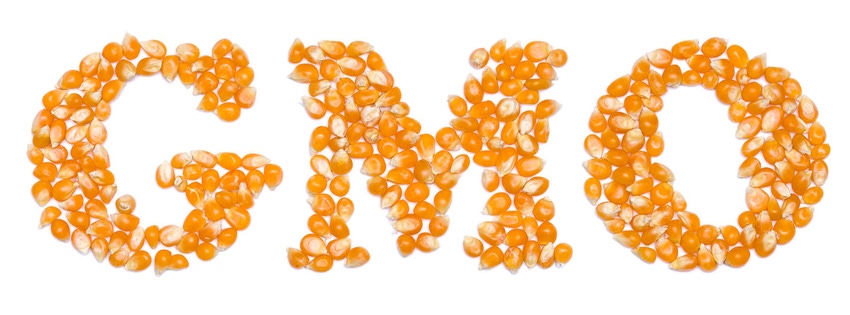GMO Answers is an initiative committed to responding to questions about how food is grown.
October 2, 2018

To better gauge and understand consumer perceptions of genetically modified organisms (GMOs) today, a new public survey commissioned by GMO Answers ahead of Get to Know GMOs Month in October found that a majority of Americans aren’t confident that they know what GMOs are, and this lack of knowledge may be driving overall uncertainty and discomfort regarding the impact of GMOs on the environment.
However, it was also found that concern and confusion do not equate to rejection, as nearly the same number of Americans want to learn more about GMOs.
With the U.S. Department of Agriculture aiming to publish its final GMO labeling ruling Dec. 1, this topic is only set to become more prominent, according to GMO Answers.
Key findings of the survey included:
- Nearly 70% of consumers are not confident that they know what GMOs are, and 46% are confused about GMOs and their surrounding health and environment effects.
- 51% are concerned about and 42% are confused about the impact GMOs have on the environment;
- Roughly 60% of Americans are interested in learning more about GMOs;
- 74% want to learn more about the impact GMOs have on their overall health, and
- 67% are interested in learning more about the overall safety of GMOs.
“It’s clear Americans are confused and misinformed when it comes to GMOs. Yet, contrary to public perceptions, GMOs can actually reduce the environmental impact of farming and have other environmental benefits, such as helping to reduce food waste and improve air quality,” GMO Answers explained.
GMO Answers is an initiative committed to responding to questions about how food is grown. Its goal is to make information about GMOs in food and agriculture easier to access and understand. The members and partners of GMO Answers commit to five core principles:
Respecting people around the world and their right to choose healthy food products that are best for themselves and their families;
Welcoming and answering questions on all GMO-related topics;
Making GMO information, research and data easy to access and evaluate, and supporting safety testing of GM products, including allowing independent safety testing of these products through validated, science-based methods;
Supporting farmers as they work to grow crops using precious resources more efficiently, with less impact on the environment, and producing safe, nutritious food and feed products, and
Respecting farmers’ rights to choose the seeds that are best for their farms, businesses and communities and providing seed choices that include non-GMO seeds based on market demands.
In the interest of transparency, GMO Answer said it does not pay the independent experts who answer consumer questions. Experts donate their time to answer questions in their area of expertise for the website. On occasion, independent experts participate in speaking or media opportunities on behalf of GMO Answers. In these instances, GMO Answers said it will reimburse for the travel expenses incurred by the expert.
Supporting partners are organizations, companies and others who are committed to the five core principles of GMO Answers and have added their support to this initiative. To date. those partners include: the American Council on Science & Health, American Farm Bureau Federation, American Seed Trade Assn., American Soybean Assn., The American Sugarbeet Growers Assn., Minnesota Crop Production Retailers, National Association of Wheat Growers, National Corn Growers Assn., National Cotton Council, Ohio AgriBusiness Assn., South Dakota Agri-Business Assn., The U.S. Beet Sugar Assn. and Western Sugar.
You May Also Like


.png?width=300&auto=webp&quality=80&disable=upscale)
